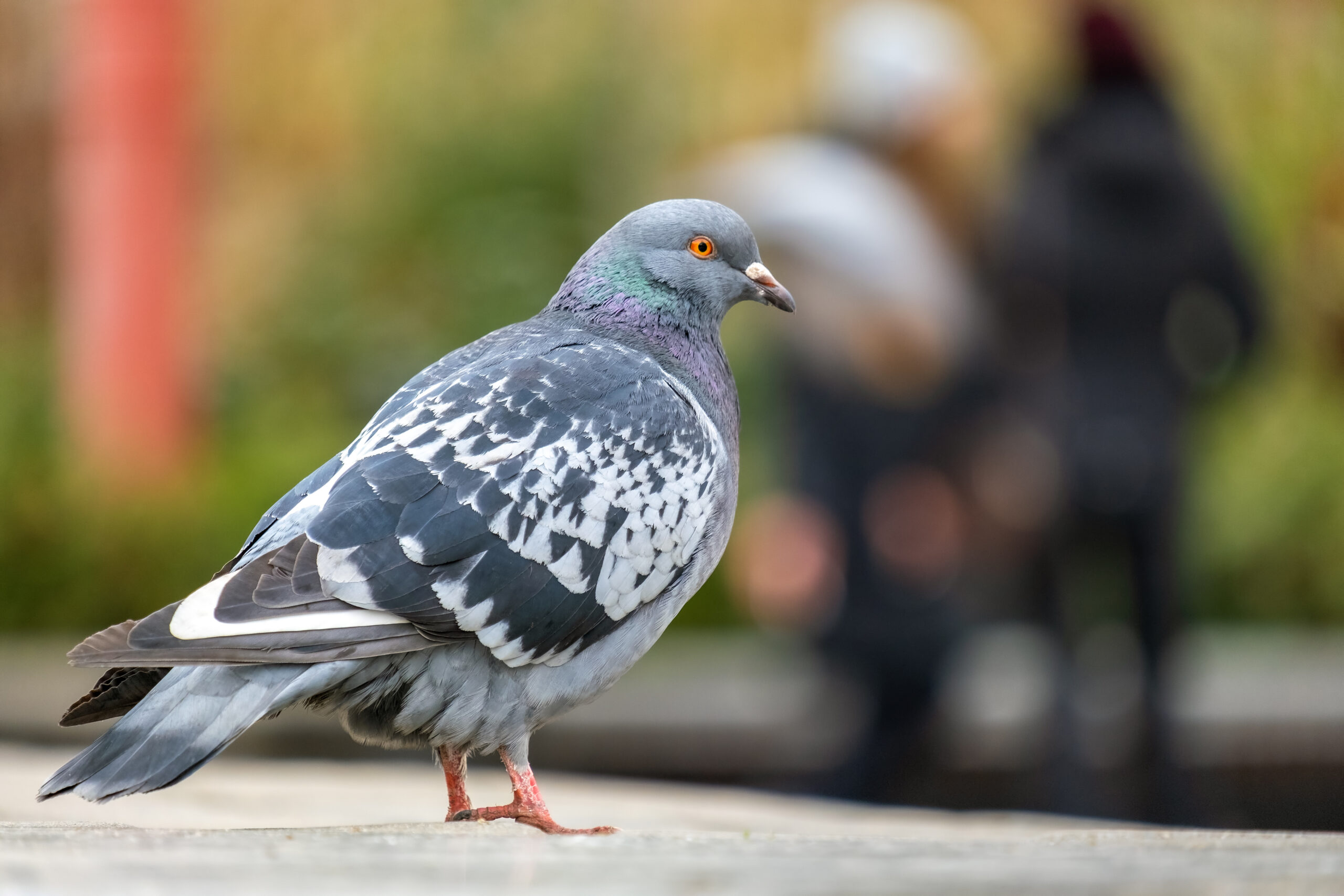Bird Control Treatments
Certain birds are considered pests in New Zealand due to the damage they cause to commercial properties and the serious health risks they pose in workplaces and commercial environments. Some of the most common bird pests include feral pigeons (Columba liva), Indian mynas, sparrows, and starlings.
What is a pest bird?
Shortly after fertilisation, the female bird identifies a place where she can lay her eggs – depending on the species, this will either be in a nest or a hole in the ground.
A great number of birds prefer to build nests shaped like plates, mounds or domes to live and breed in. The eggs require to maintained at a certain temperature (or incubated) for them to develop.
Incubation begins immediately after the female bird lays her last egg and will last until the final one hatches. Incubation duties are shared between the two parents in monogamous species while one parent takes the responsibility in species that practise polygamy.
The warmth passes from the bird to the eggs through patches of bare skin on the bird’s breast and abdomen called “brood patches”.
The eggs will take between 10-80 days to hatch depending on the species. Chicks are either brought up by a single parent or both in polygamous and monogamous species respectively.
Why do I have them?
Pest birds are generally attracted to commercial properties because of readily available food sources and areas where they can nest and roost undisturbed. Their populations become increasingly difficult to control the longer they are left unmanaged, which can lead to significant issues for businesses and commercial facilities.
Are they dangerous?
Birds pests can cause significant damage to a property and are known to carry diseases. They endanger the health of the people around them by spreading illnesses like salmonella, E. coli and ornithosis. The presence of birds encourages insects like bird mites, fleas and textile beetles to infest as these pests gravitate to roosting sites and nests. When birds nest close to places where food is produced or warehoused, they can contaminate products and equipment. They soil buildings, cars, pavements and entrances with their droppings, and also cause surfaces to become slippery to walk on. When situated close to wires, lights or other electrical equipment, nests may be a fire hazard.
How do I get rid of pest birds?
Getting rid of pest birds can be a difficult task due to their territorial behavior. NZ Pest Control is your one-stop company for the eradication of pest bird problems in commercial properties. Our highly trained pest control professionals will conduct a thorough inspection of your business premises and create a custom-designed solution to rid your commercial property of pest birds in the quickest and safest manner possible.
Can I do it myself?
Do-It-Yourself methods of pest bird control are often not successful as it takes a trained eye to know just how to deal with these pests and there behavioural patterns
Let Us Help
How soon can you get here?
At NZ Pest Control, we strive to provide commercial clients with a rapid, efficient service, and we make every effort to be with you as soon as possible to resolve bird control issues at your business premises.
Is the treatment safe?
All products used by NZ Pest Control are thoroughly checked by the EPA and registered for pest control use. Only then are they considered for use by our highly trained professionals. You can be assured that our commercial bird control services are safe for people and will not disrupt your work environment.
How can I prevent pest birds in the future?
The best way to discourage pest birds at commercial properties is to remove food sources and restrict access to nesting and roosting sites. Keep any food sources hidden, ensure bin lids are secure, and avoid leaving rubbish bags exposed. Limiting access to potential nesting and roosting areas can be a highly effective deterrent for birds in commercial spaces.
